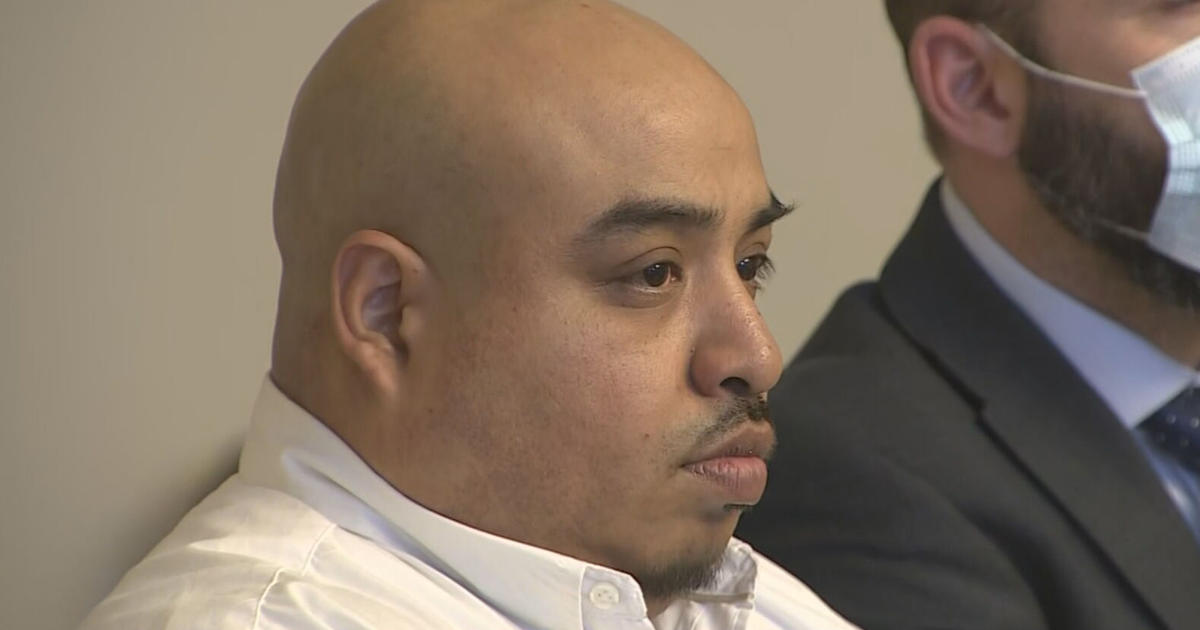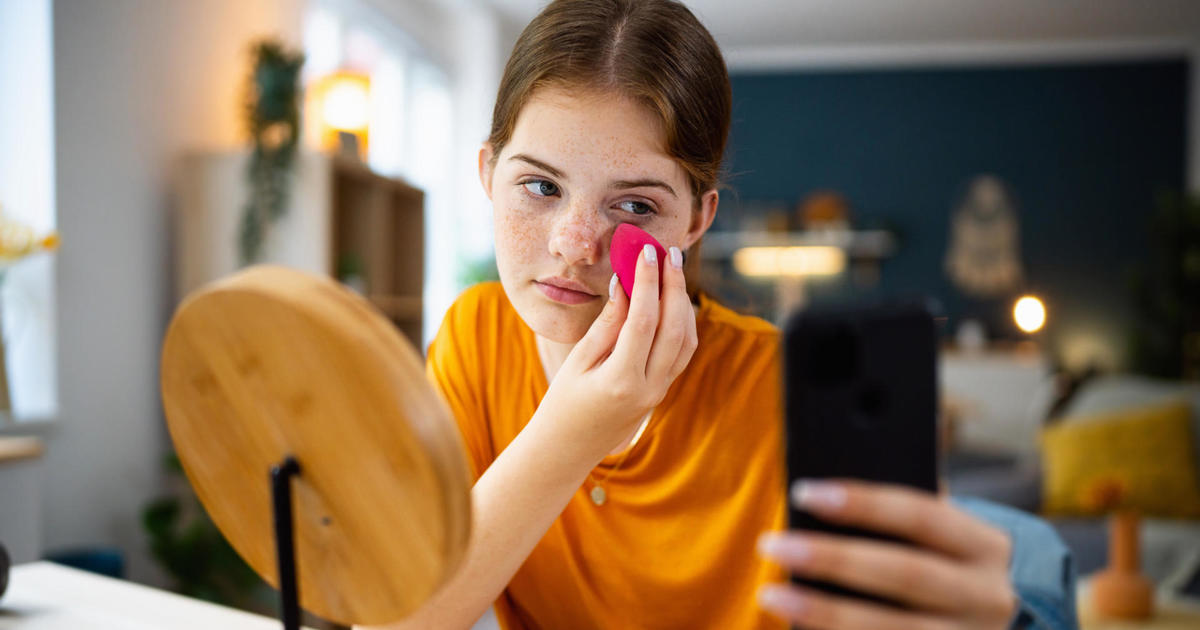Dealing With Declining Eyesight After Turning 40
BOSTON (CBS) - Turning 40 is one of those milestone birthdays. It's also when many of us start to notice the first signs of aging, particularly when it comes to our vision.
Robin Kahn was a few years into her 40s when she first noticed a change in her eyesight.
"I've always had perfect vision and I noticed about a year ago that I was having difficulty reading smaller print," she said.
Robin has a condition known as presbyopia and ophthalmologist Dr. Barry Lee says nearly everyone develops it to some degree.
"At the age of 40, that's probably the main thing we see is a patient complaining of decreased near vision," he said.
That is one of the reason ophthalmologists recommend a base level eye exam when you turn 40.
"There are a lot of things we can do in that eye exam to pick up early predictors of eye disease later in life," Dr. Lee said.
He's talking about diseases like glaucoma, macular degeneration and conditions involving the cornea. An eye exam can also pick up early signs of cataracts.
Patients should also be aware of their risk of eye problems. Smoking and diabetes raise your risk of certain eye conditions.
There are treatments and surgeries that can help many of these conditions, but there are also steps you can take on your own to protect your vision.
Research has shown that certain nutrients like the anti-oxidant, lutein can be beneficial. Good sources of lutein include: spinach, kale, corn, peas and broccoli.
Omega-3 fatty acids can also help aging eyes. They are found in fish oils like salmon, sardines and trout. Omega-3's are also found in pumpkin seeds, soybean oil and walnuts.
The anti-oxidant resveratrol, found in red wine, has also been shown to be beneficial in some studies.



